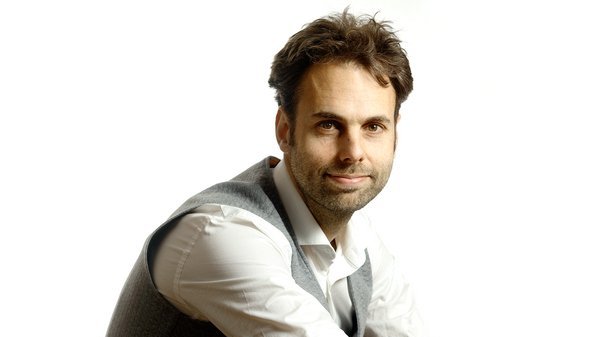Museum of Failure
[Column]
What do the plastic bike, the Ford Edsel and Colgate frozen lasagne have in common? All three are products that companies once confidently launched onto the market but quickly proved to be failures. The plastic bike – brand name Itera, from Sweden – was less stable than a normal bike, but actually more expensive. In the case of the Ford Edsel, the innovations department thought that drivers would think it cool to use buttons on the steering wheel to change gear rather than a gear stick. The only problem: the buttons for other functions were in the same place. If you wanted to sound your horn, you suddenly went into reverse. At Colgate, they were so persuaded of the merits of their own brand, they believed people would buy anything with the Colgate name on it, including lasagne.
The examples are from the Museum of Failure, the brainchild of organisational psychologist Samuel West. His museum appeals to our sense of humour, but actually does more than that. Companies like to focus on success stories. This makes sense – shareholders are unlikely to want to see a product flop. But, whatever organisation you work in, everyone knows that in truth most innovations do not become resounding successes.
And you actually learn the most from mistakes. Start-ups - the theme of this edition - are the height of innovation. From nothing, the owners aim to launch a new product or service to make the world (or simply customers’ lives) a little better. A famous example from Delft is the storm umbrella; the first time I held one in the wind, I thought ‘how amazing is it that in centuries of umbrella history, no one had come up with it before’. The Delft umbrella that lasts longer than one autumn breeze became an international success. Other great Dutch examples include the Electoral Compass (developed at VU) and Booking.com (University of Twente).
However, many start-ups do not become successful. There are numerous hurdles that can cause start-up staff to stumble. Insufficient money, a competitor beating you to it, the idea isn’t good enough, marketing is left too late, too long spent perfecting the product, insufficient time spent perfecting the product, personality clashes, a key employee jumping ship, getting ill or becoming an informal carer, failure to develop a business model that works, etc., etc.
I wish the very best for all these start-ups. But if it doesn’t work out, please send your failed product to the Museum of Failure. Then all the other start-ups can learn from it – perhaps even more than from the successes, which are few and far between.
